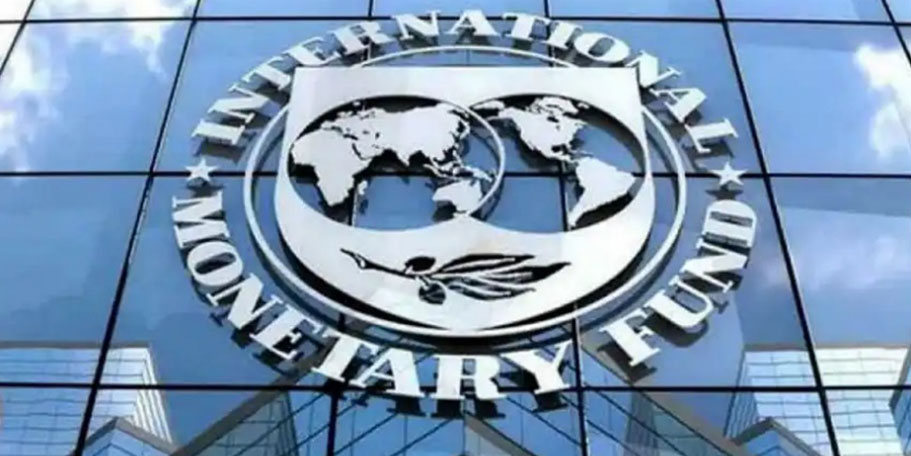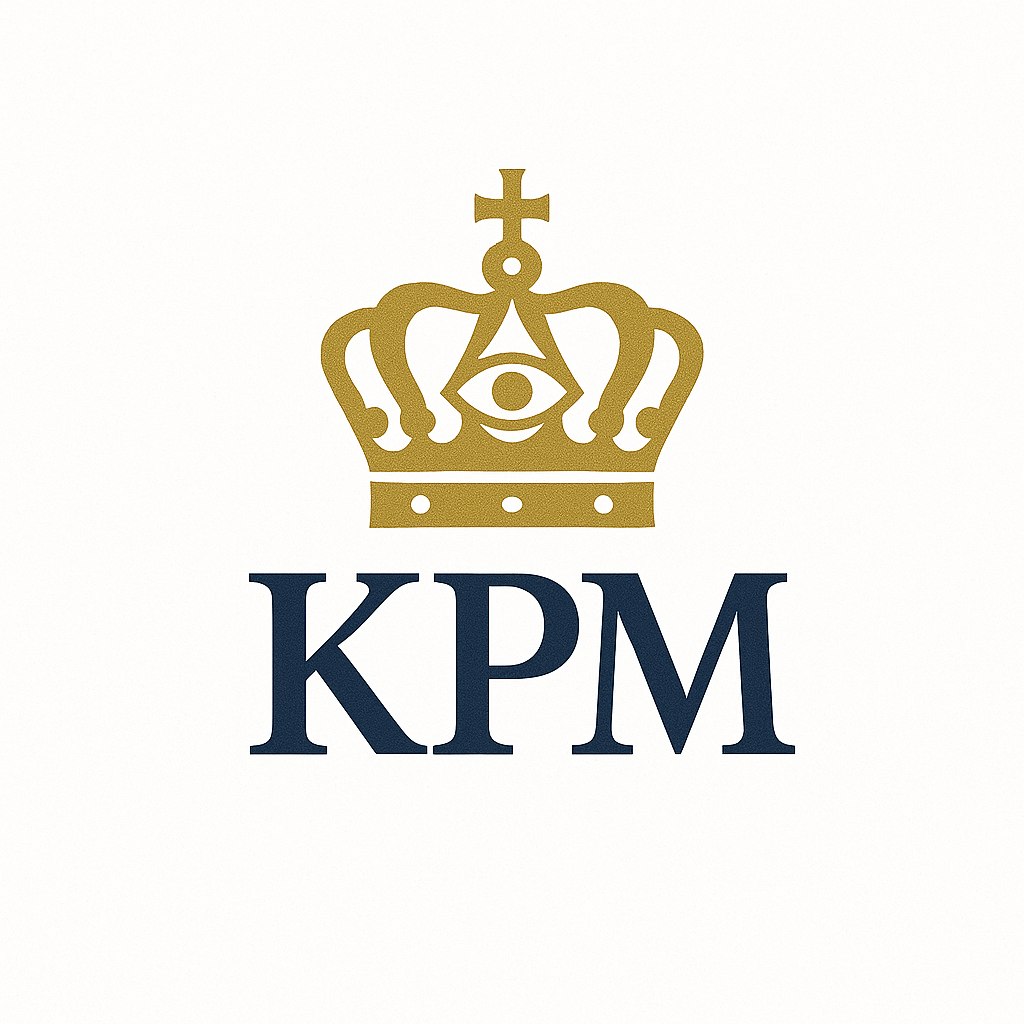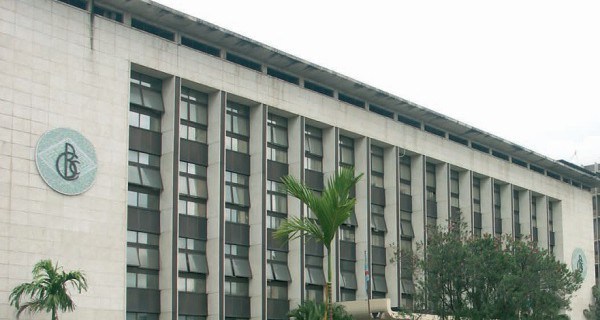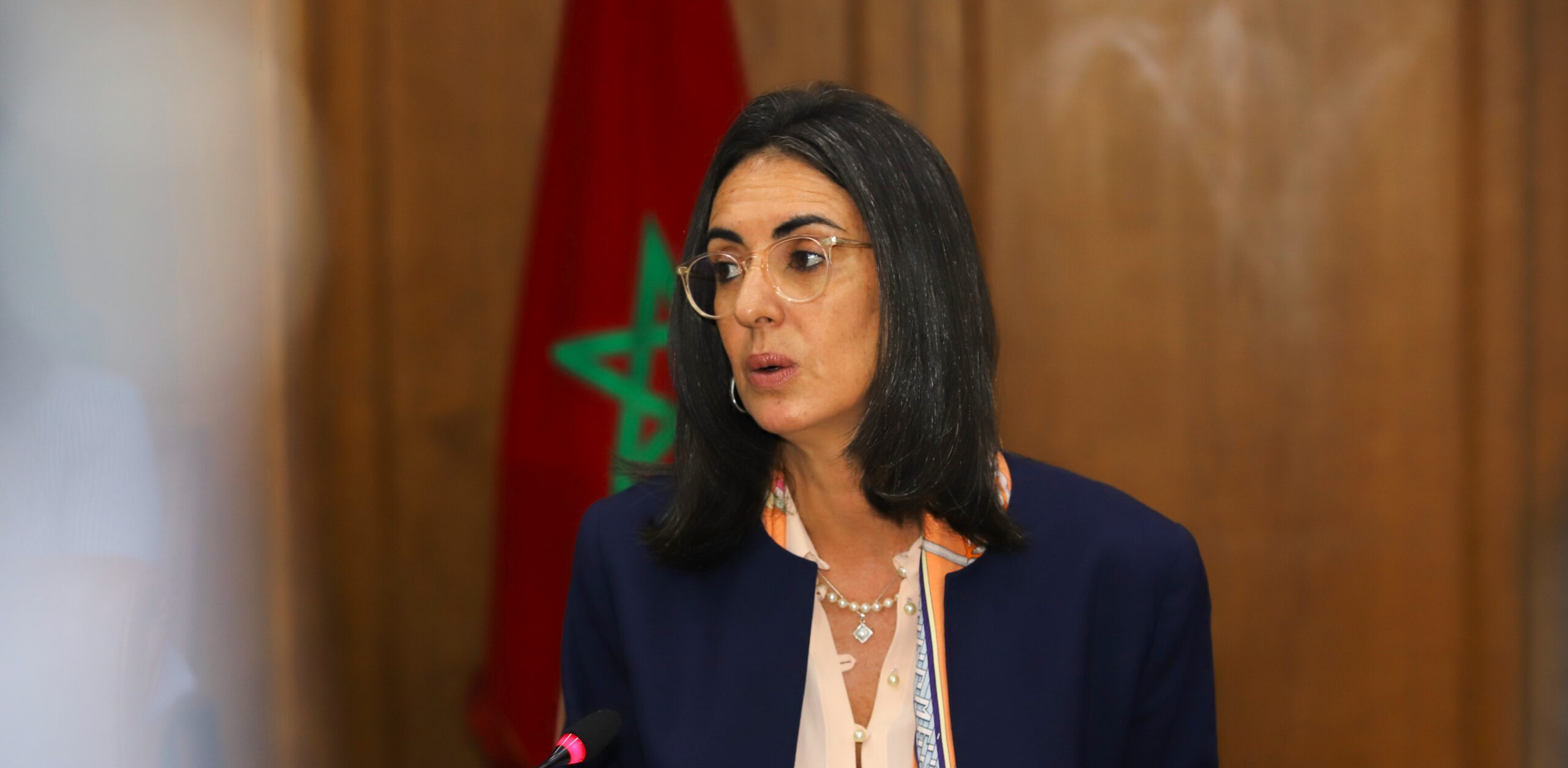Why Lomé’s IMF Review Matters for WAEMU
IMF reviews Togo’s USD 403m ECF as growth hits 5.3% and inflation eases to 2.6%. With USD 129m disbursed, markets eye WAEMU bonds on the BRVM, CFA franc (XOF) stability, and bank tickers ETIT, ORGT, CBI as credibility faces its next test.

An International Monetary Fund (IMF) mission led by Hans Weisfeld arrived in Lomé on September 29 to conduct the third review of Togo’s USD 403.4 million Extended Credit Facility (ECF). Over the next ten days, the team will assess growth, inflation, fiscal balance, and progress on energy subsidy reforms. The stakes are high: a clean review will unlock fresh disbursements, while any slippage could raise funding costs and risk premiums across WAEMU’s sovereign markets.
Since approval in March 2024, Togo has already drawn about USD 129 million under the program. The second review in June 2025 released SDR 44.0 million (≈ USD 60.5 million) after confirming most performance targets, although the fiscal balance was missed. The macro backdrop is encouraging: GDP growth held around 5.3 percent in 2024, inflation has eased to 2.6 percent in 2025, and revenue collection is improving. But public debt remains elevated, with gross financing needs straining the fiscal framework. For a country with limited market access, IMF credibility is a critical anchor for investor confidence.
Markets will watch two immediate signals. First, whether the IMF validates Togo’s fiscal trajectory, which could lower yields on regional bonds issued through the Bourse Régionale des Valeurs Mobilières (BRVM). Second, whether reforms in the energy sector — especially subsidy rationalization — are deemed credible, as this has direct implications for fiscal consolidation. Success would reinforce confidence in the CFA franc (XOF) and in listed financials such as Ecobank Transnational (BRVM:ETIT), Oragroup (BRVM:ORGT), and Coris Bank International (BRVM:CBI). A weaker outcome could push spreads higher and test regional liquidity conditions.
Comparatives in the neighborhood underline the stakes. Ghana’s USD 3 billion ECF program, now in its fourth review, has disbursed USD 2.3 billion but continues to wrestle with inflation above 20 percent, fiscal overruns, and volatile Eurobond spreads (GHANA 2032, GHANA 2034 still trade at distressed yields). Côte d’Ivoire, by contrast, secured USD 844 million in late September under combined Extended Fund Facility and ECF programs, leveraging stronger fundamentals to maintain Eurobond spreads near +350bps over USTs. Togo’s program is smaller, but investor psychology is similar: reform momentum is rewarded with tighter spreads, while fiscal drift is punished quickly in frontier debt markets.
The IMF review also carries broader systemic significance for WAEMU. Regional issuance in 2025 already exceeded XOF 4.5 trillion (~USD 7.3 billion), and smaller sovereigns like Togo depend heavily on rolling over domestic and regional debt. IMF approval therefore acts as a de facto guarantee of market access. A failed review could force Togo into higher-cost borrowing on the BRVM, crowding out private credit and tightening liquidity across the bloc.
From a strategic lens, the review tests three policy dimensions: (1) fiscal credibility — whether the government can stabilize debt-to-GDP ratios while maintaining growth; (2) reform delivery — particularly in energy pricing, public financial management, and governance; and (3) resilience to shocks — commodity prices, climate events, and capital-flow volatility. Success on these fronts would give Togo room to sustain 5 percent growth, ease risk premiums, and gradually deepen domestic capital markets. Failure would leave it vulnerable to the same vicious cycle that has haunted peers: higher spreads, currency pressure, and policy tightening.
For investors, the review is less about disbursement size and more about signaling. A green light from the IMF would likely support Togo’s sovereign curve, stabilize the CFA franc, and underpin valuations of BRVM-listed banks. A red flag would remind markets that even in a high-growth environment, fiscal credibility is non-negotiable. In a year where frontier spreads are already sensitive to U.S. rates, the verdict from Lomé could ripple well beyond Togo’s borders.





